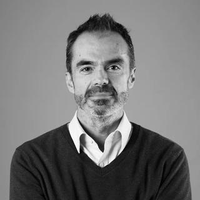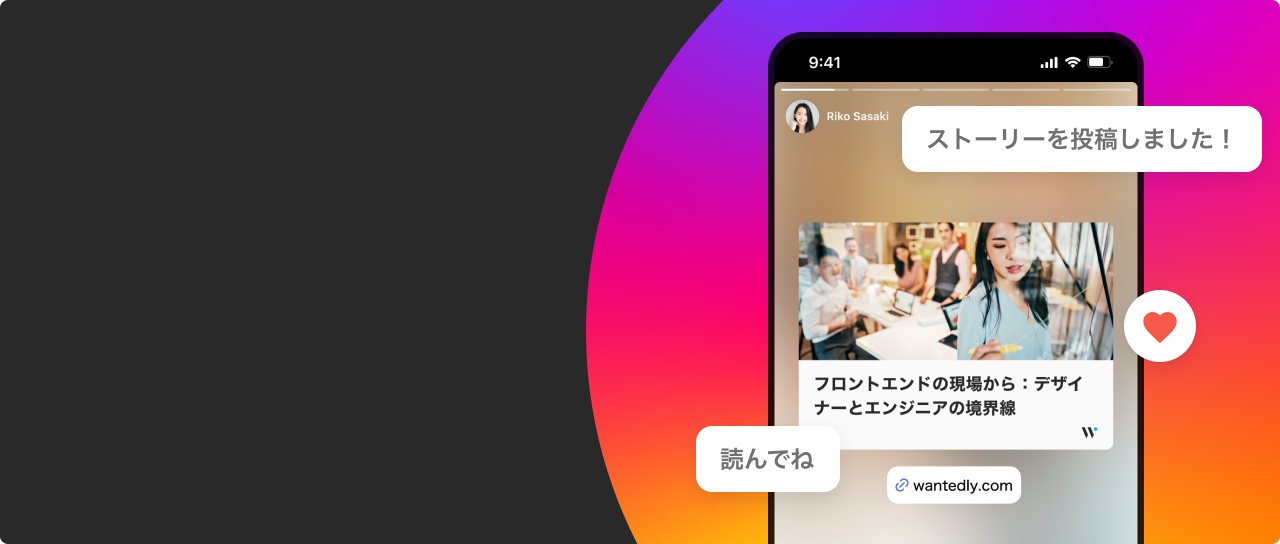When Digital Tools Fail to Keep Remote Workers Focused
Okay, let me just say this straight away: remote work is weird. Not the “oh I can wear pajamas” kind of weird, but the subtle, soul-sucking, how-did-I-spend-three-hours-on-notes kind of weird. You open your laptop, confident, thinking, “I got this.” Then five minutes in, you’re staring at dashboards, notifications pinging like a drumline in your skull, and honestly? You’re questioning your life choices. I’ve been there. Maybe right now my cat is pawing at my keyboard,no, seriously, she’s walking across it as I type this. And yes, that counts as a distraction.
And digital tools,don’t get me started. They’re supposed to save you time. Supposed to make life easier. Supposed to help you focus. But somehow, they end up doing the opposite. My personal favorite chaos-inducing tool? Well, it’s the whole ecosystem of apps, timers, trackers, and dashboards. Each one screams: “I’m important! Pay attention to me!” Meanwhile, my brain is like, “Can I just write one paragraph in peace?” And let’s be honest, sometimes converting a PDF to PNG is the only thing that actually helps. You know, quick, practical, no nonsense.
The Allure and Curse of Digital Tools
I mean, who doesn’t love a shiny new app? I have notebooks, timers, planners, project boards,you name it. I even tried some “AI focus assistant” once. Thought it would make me unstoppable. Spoiler: it didn’t. Instead, I spent a good thirty minutes debating which color to assign to my “urgent” tasks. Meanwhile, my coffee cooled. Cold coffee is underrated, by the way, but I digress.
Digital tools promise control, but mostly they deliver distraction. You start thinking: “If only I had one more app, I could be super productive.” And that’s how it spirals. One more plugin, one more dashboard, one more automated reminder… and suddenly you’re juggling so many notifications your brain files for a vacation without telling you.
Busy vs Productive
Here’s a secret no one really tells you: being busy is not the same as being productive. I can have ten tabs open, five tools running, and still accomplish zero meaningful work. I’ve literally stared at a blank screen for fifteen minutes while toggling between apps, asking myself: “Did I really open this 3D Kanban dashboard for inspiration or just to feel busy?”
It’s ironic, right? The digital tools designed to make life easier often make it messier. But there are exceptions. Little lifesavers like pdf to png quietly do their job. Convert a chart, drop it in a presentation, done. No fuss. No blinking notification demanding attention. That’s the stuff that counts.
Context Switching: The Invisible Drain
Imagine this: you’re updating a spreadsheet, a Slack message pops in, an email marked urgent flashes, and a calendar reminder tells you a meeting is in 5 minutes. Every time you switch, your brain is forced to reset. Energy? Gone. Focus? Gone. Coffee? Cold.
I know someone, let’s call him Raj, who spent an entire morning organizing his planner for productivity. Sounds smart, right? Wrong. He spent more time arranging color codes than actually finishing work. That’s the trap of digital tools.
The Simple Wins
Here’s what I’ve learned: simple tools are underrated. One app doing one thing well beats ten apps doing fifty things badly. Pdf to png? Small, precise, saves time. Unlike a hundred notifications screaming for attention, it quietly works. That’s the difference.
Sometimes, it’s the tiny, deliberate actions that make the most impact. I’ve personally switched from overcomplicated dashboards to just a handful of apps that actually solve problems. My attention is back, my stress is down, and yes,my coffee stays hot longer because I’m not staring at 17 tabs.
The Social Media Mirage
Open LinkedIn, and you’ll see “perfect remote work setups.” Dual monitors, ergonomic chairs, color-coordinated notebooks. It’s like everyone else is thriving while you’re juggling five apps and a cold mug of coffee.
News flash: most of those setups are curated. Nobody shows the three hours spent staring blankly at a spreadsheet, or the cat stepping on your keyboard mid-email. I swear, it happens more than you think. And yet we compare ourselves anyway. That’s the subtle way digital tools can feel like a trap.
Breaking Free from Tool Overload
Here’s what works, based on trial, error, and spilled coffee:
- Limit your tools. Two or three that actually help. Forget the rest.
- Batch your tasks. Focus on one thing at a time. Multitasking? Myth.
- Use tools intentionally. Only open them for a purpose. That pdf to png converter? Yes. Random dashboard pinging at you? No.
- Take micro-breaks. Stretch, look outside, breathe. Your brain is not a machine.
- Reflect daily. Which tools helped? Which distracted? Adjust.
Simple, messy, human. Works every time.
The Cognitive Cost of App-Juggling
Switching between apps, notifications, tabs,it’s exhausting. You think you’re productive, but really, your brain is tired. This is why minimal, intentional use of tools,pdf to png included,is crucial. One small, purposeful action preserves attention. Ten flashy apps scatter it.
And don’t even get me started on multitasking. It’s a myth. You’re not paying attention to anything fully. Something always gets ignored.
How to Make Digital Tools Serve You
It’s not about rejecting technology. It’s about curation.
- Only use tools with a clear, meaningful purpose.
- Avoid “optimization for its own sake.”
- Use solutions like pdf to png for concrete tasks.
- Schedule periods of tool-free work to reset your brain.
Your focus is more valuable than a perfectly organized dashboard. The difference between chaos and productivity often comes down to the conscious use of tools.
Daily Routine for Focused Remote Work
Here’s a realistic approach I recommend:
- Morning check-in: Review priorities, not notifications.
- Deep work block: 60–90 minutes on one task. No distractions.
- Intentional tool use: Open only the apps necessary for the current task.
- End-of-day reflection: Evaluate what helped, what distracted.
No gimmicks. Just human habits that work.
Conclusion: Intentional Technology
Digital tools are like spices: a little makes a dish amazing, too much ruins it. Fancy dashboards, constant notifications,they don’t give focus, they steal it.
Pick your tools carefully. Use pdf to png when it actually helps. Ignore the rest. Your mind is the most powerful tool you have. Treat it well.
Focus isn’t about perfection. It’s about being human in a world that wants you robotic. And trust me, you’ll get more done, feel better, and maybe even enjoy your coffee hot again.



